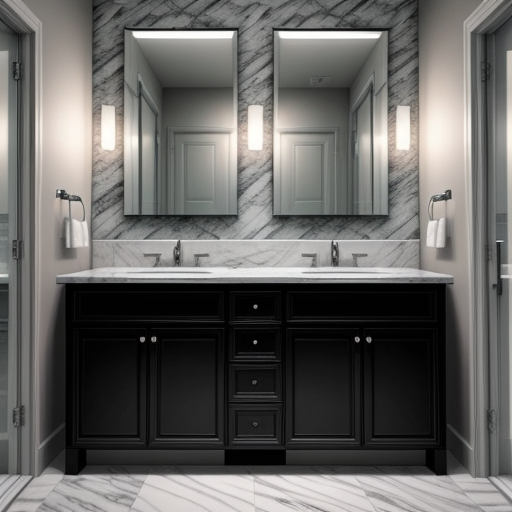When stepping into the real estate market, choosing the right mortgage option is a pivotal decision for any potential homebuyer. The process can be daunting with the multitude of mortgage types available, and understanding the nuances of each is crucial in making an informed choice.
Fixed-Rate Mortgages
A fixed-rate mortgage is popular among buyers who value predictability. With a fixed-rate mortgage, the interest rate remains unchanged throughout the loan's term, resulting in stable, unvarying monthly payments. This consistency enables homeowners to budget more effectively, making it an attractive option for long-term dwellers who anticipate minimal financial flux.
Adjustable-Rate Mortgages (ARMs)
In contrast, adjustable-rate mortgages (ARMs) offer initial periods of low, fixed interest, followed by adjustments based on market conditions. These loans might appeal to buyers expecting income growth or those planning to sell or refinance before rates adjust. ARMs can initially be more affordable but require cautious consideration of future rate changes and their potential impact on monthly budgets.
Interest-Only Mortgages
For buyers seeking lower initial payments, interest-only mortgages present an intriguing option. Homeowners pay solely the interest for a set period, leading to lower initial costs. The principal remains unchanged during this phase, however, and buyers must be prepared for eventual higher payments once normal amortization resumes.
Government-Backed Mortgages
Government-backed mortgages, such as FHA, VA, and USDA loans, can offer advantages like lower down-payment requirements and, in some cases, no required down payment at all. These loans are ideal for buyers with limited initial capital or those qualifying for specific economic or service-related stipulations. It's vital to thoroughly research the eligibility criteria and potential benefits for these options.
Comparing Costs and Considerations
Understanding the total cost of a mortgage, including interest rates, loan terms, and associated fees, is essential. Buyers should factor in their financial situations, long-term goals, and risk tolerance. Consulting with a financial advisor or mortgage professional can provide indispensable insights tailored to individual circumstances.
Choosing the right mortgage ultimately requires careful comparison and a thorough assessment of personal and financial goals. By understanding each option’s specifics, buyers can navigate the array of mortgage products available to find the best fit for their unique needs.


































